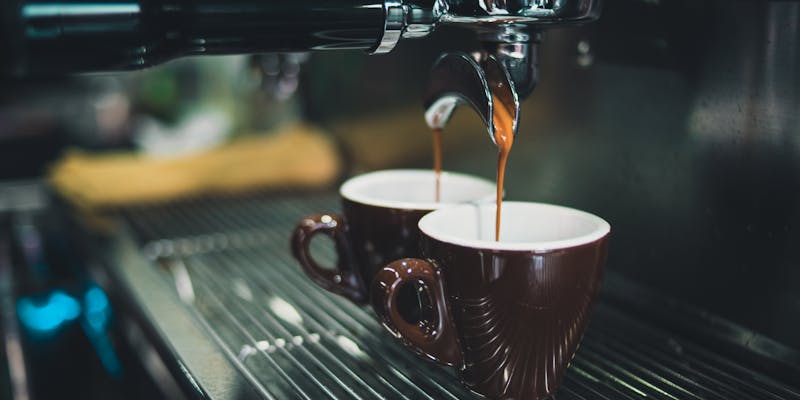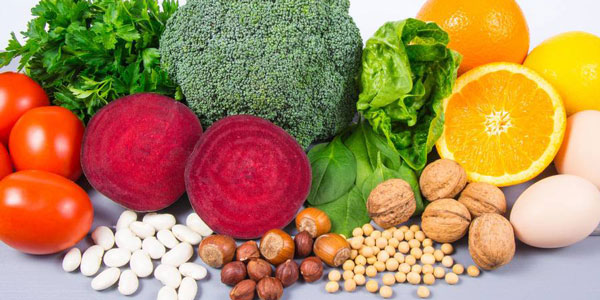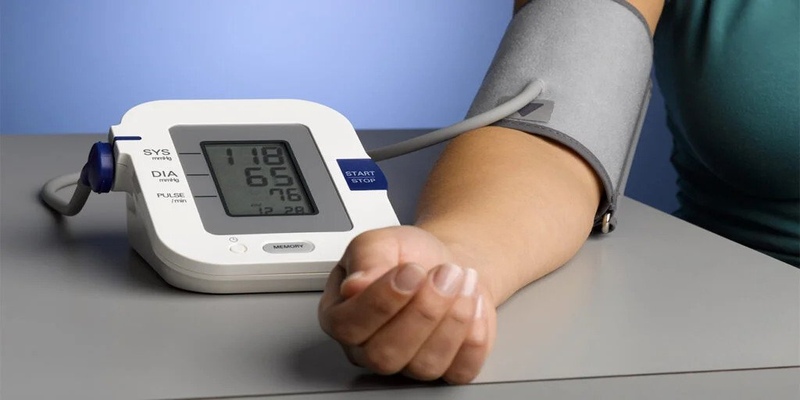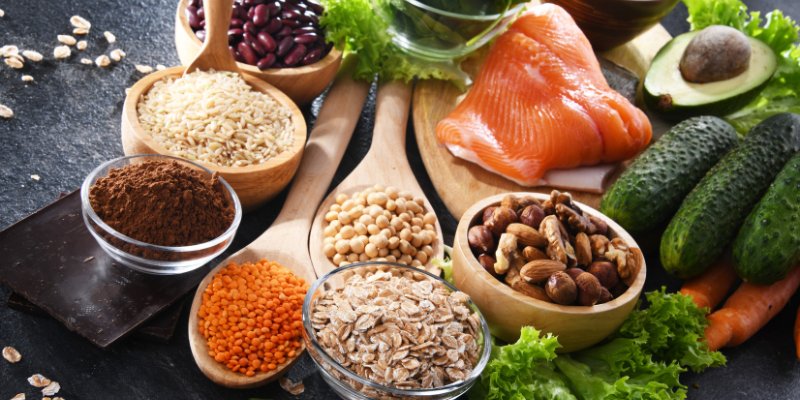Coffee has been part of the human diet for about 1,000 years. Throughout that period, it has sparked controversy, and in the era of Starbucks and Costa Coffee, that disagreement has grown from a little storm to a major point of contention. Some of coffee's negative press seems to depend on the widespread belief that anything that tastes so good must be bad for you.
However, there is a more weighty argument: Caffeine in coffee activates the central nervous system, making one more alert. However, many individuals have jitters or trouble sleeping after only one cup of coffee. Even if coffee's effects on the blood vessels are more nuanced than they first seem, fascinating research might help you separate reality from fantasy.
Symptoms Of High Blood Pressure
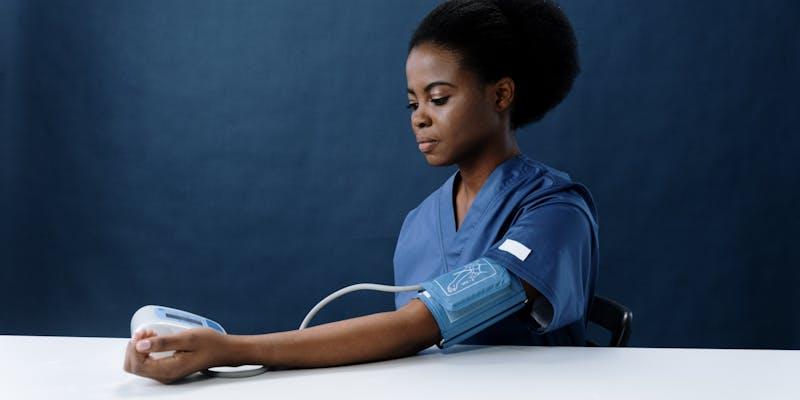
Many persons with hypertension (high blood pressure) go undiagnosed since the ailment seldom causes any outward signs of distress. Nevertheless, specific symptoms may manifest in certain people when blood pressure reaches harmfully high levels. Long-term hypertension may cause major health problems. Therefore, checking blood pressure often is crucial to prevent caffeine stroke. Here are some possible signs of hypertension:
- Headaches
- Shortness of breath
- Nosebleeds
- Flushed face
- Dizziness
- Chest pain
- Visual changes
- Blood in the urine
The Relation Of Coffee And Blood Pressure
Doctors recommend avoiding coffee before blood pressure tests. It's generally agreed that coffee's tendency to boost blood pressure artificially may distort measurements. Regardless, medical research has produced mixed findings, linking coffee to hypertension or not. An Italian study from 1987 found that coffee may lower blood pressure.
US and Swiss researchers evaluated these competing theories in fifteen participant before and after coffee trials. All participants were healthy, did not smoke, and had coffee frequently, except for six. None of them had hypertension in their families or themselves. Volunteers' heart rates, blood pressures, and sympathetic nervous system activity were monitored before and after drinking a triple espresso, decaffeinated triple espresso, 250 mg of intravenous caffeine, or a salt solution placebo.
A triple espresso spiked blood pressure. All caffeine levels climbed, although some didn't feel a BP spike. Espresso raised systolic for 13 mm Hg and diastolic for 7 mm Hg in non-coffee drinkers but not in coffee drinkers. Intervenously delivered calories should work better than espresso. Espresso and shots both drastically raised blood caffeine levels. Espresso raised systolic blood pressure by 36 mm Hg, whereas caffeine raised it by 6 mm Hg or less. Injecting caffeine intravenously into coffee drinkers and nondrinkers had comparable effects.
One cup of coffee contains several complicated chemicals. Despite the belief that caffeine induces hypertension, the difference between espresso and pure caffeine reveals additional factors. The decaf espresso confirmed this. Like the high-test brew, it boosted nondrinkers' average systolic blood pressure by 12 mm Hg but did not affect adrenaline levels.
Blood Pressure Measures and Coffee
Your diastolic and systolic blood pressure measurements can increase by 18 and 15 points within 30 minutes after consuming coffee. The average time for this heightened state to last is around four hours. Despite the temporary caffeine stroke spike, drinking a cup or two of coffee or tea first thing in the morning does not enhance your risk of hypertension or any other linked condition. In moderation, these beverages are not only safe to consume, but they may improve health, particularly for those who already have cardiac conditions. A great relief source is that long-term usage does not compromise cardiovascular health.
Consumption Limitation
Keep your caffeine consumption below six cups of coffee daily if you watch what you drink. No more than 400 milligrams (mg) per dayequivalent to four or five cups of coffeeis the maximum amount of caffeine that the Food and Drug Administration recommends. The research, which included almost 8,000 coffee enthusiasts, found no association between hypertension or arterial stiffness and heavy coffee use (more than three cups daily). This data shows that moderate coffee use is tolerated and even recommended by health professionals to prevent caffeine strokes.
How To Manage Caffeine's Blood Pressure Effects?

Coffee may harm and deduce your heart health; however, consider the following:
Self-Adjusting BP
With a home blood pressure monitor, you can monitor your health inexpensively. These gadgets can take your blood pressure in seconds, perhaps less. Healthy people have normal blood pressure below 120/80 mmHg. If you routinely exceed these limits, visit a doctor.
Research suggests that home blood pressure monitoring may help control hypertension, which affects 45% of Americans, according to 2021 CDC data. Through early detection, home monitoring before and after coffee may lower the risk of cardiovascular disease and stroke, the world's leading causes of death.
Explore Caffeine Alternatives
Caffeine reduction, as well as drinking the best drinks for hypertension, is a simple method to improve your health. Think green tea and half-caff coffee. You may drink healthier, lower-caffeine coffee, black tea, or yerba mate. Despite not lowering blood pressure, these solutions are healthy.
The 2018 "Journal of the American Heart Association" reported that moderate green tea usage lowers cardiovascular disease risk. The antioxidants in green tea protect the heart. Another good option for caffeine-lacking persons is half-caffeine coffee.
Take Caffeine Breaks
If you want to return your blood pressure to normal, consider reducing your coffee consumption on weekends and days off while switching to the best drinks for hypertension. Since caffeine is typically eliminated from the body within 10 hours, controlling its health effects becomes simpler with short pauses.
Research suggests that caffeine-sensitive people may have better sleep, anxiety, and blood pressure. A 2019 British Journal of Nutrition study found that even small adjustments, like cutting down on coffee, may improve health.
Consult A Doctor
Visit Your Physician After that, if you are concerned about caffeine's impact on your health, talk to your doctor. They may prescribe specific actions based on your needs and medical history.
They utilize evidence-based criteria to evaluate everyone's health concerns about caffeine. The American Heart Association's 2020 dietary guidelines stress tailored dietary counsel to prevent health hazards, including coffee intake. Your medical professional will tailor their advice to your requirements.

